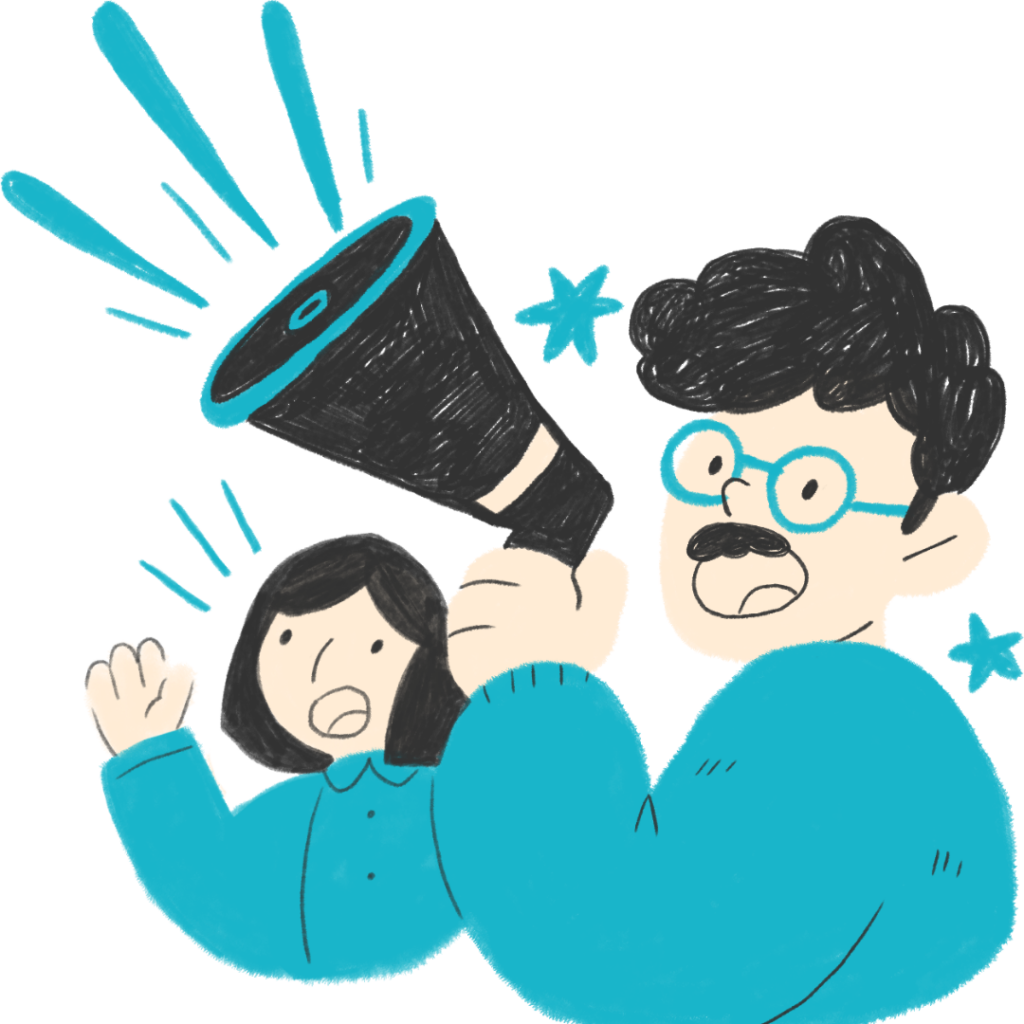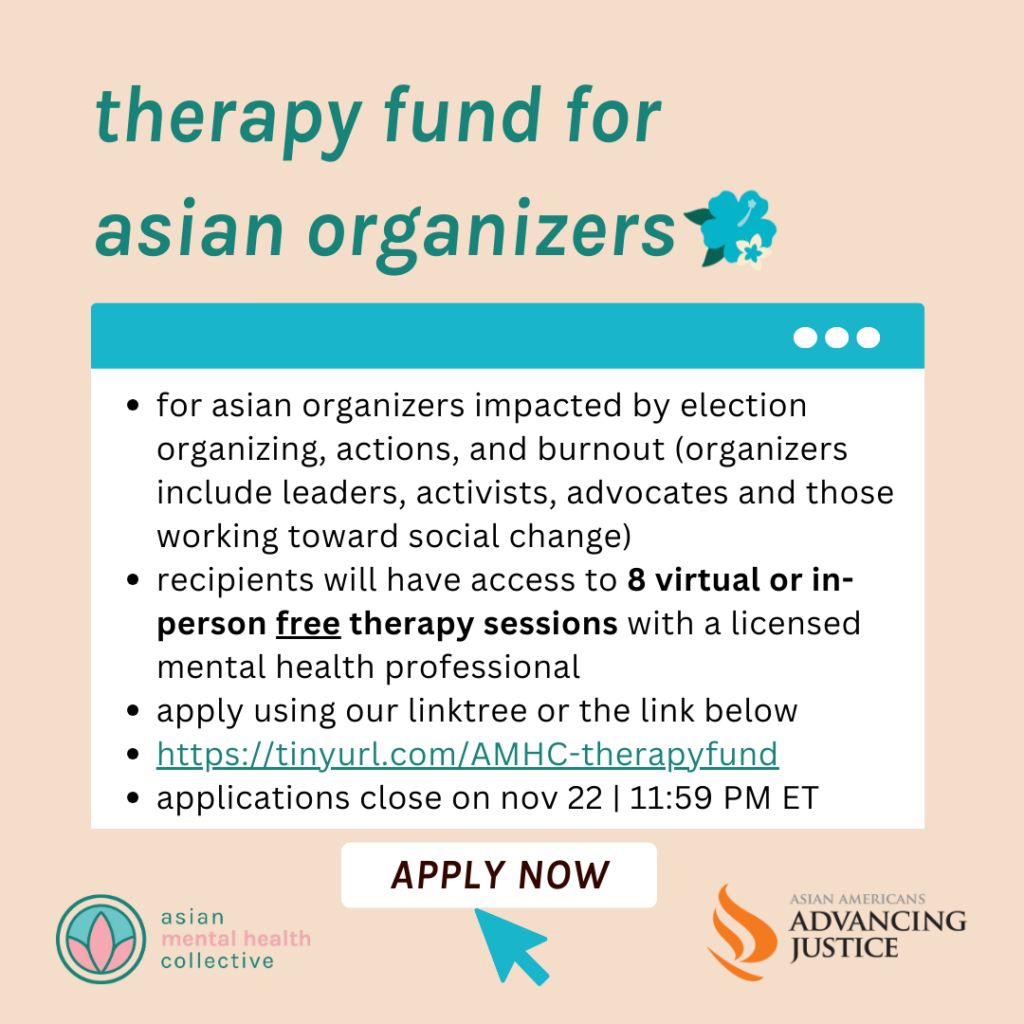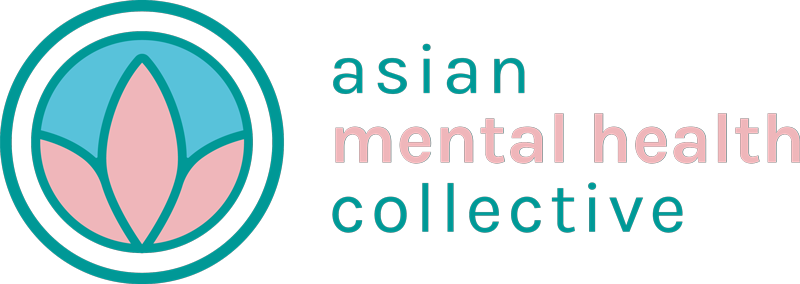7 min read
When winds carry the movements of an ocean, they form waves containing the momentum of the waters below. In collective actions, organizers are the crest of the wave, the visible force that surges forward onto the surface. From union leaders to club presidents, they are the driving forces within communities and social movements.
But being the driving force behind the fight for justice can pose heavy challenges. Organizers often work long hours, care deeply about and are personally invested in the causes they fight for, and regularly have little separation between their personal lives and their causes.
As a result, the rate of attrition for organizers can be quite high, up to 50-60% as of 2003 data. When taking a break, Asian organizers also have to surmount cultures of sacrifice and martyrdom that can lead to feelings of guilt. Given this, AMHC believes that therapy can provide a strong foundation in ensuring that organizers get the help that they not only need, but deserve.

Empathy
Organizers are part of the social fabric as waves are part of the ocean. Their connection to their environment strengthens their endeavors, with organizers leaning into empathy to drive effective action. Organizers working to end oppression and injustice often bear witness to terrible suffering that society at large is often resistant to acknowledge. Without sufficient support to process these experiences, organizers often negate their own needs and deem rest and recovery as unimportant when compared to the larger cause they are advocating for.
While empathy is categorically one of the most important values for leaders to embody, it can also become an obstacle when it creates a negative feedback loop due to emotional contagion. Emotional contagion refers to the tendency to feel emotions that mirror the intensity and type expressed by someone else. This can explain why burnout can have a ripple effect within organizational relationships and personal relationships. Emotional contagion from social interactions has been shown to result in behavioral synchrony—when behaviors between individuals begin to coordinate during social contact. For organizers, especially those leading social movements, this can directly impact the outcomes of their work and the work of those around them.
Burnout
Researchers looking into social movements identify burnout as one of the greatest threats posed to realizing sustainable social change . With anti-Asian hate being spotlighted in recent years, some organizers are feeling exhausted, questioning their contributions towards real change. The World Health Organization characterizes burnout from an occupational perspective, by feelings of exhaustion, job-related negativity, and decreased professional effectiveness. For organizers, this can look like lack of focus, impatience, frustration and anxiety, among multiple interlinked factors that can feel debilitating. Occupational-related stresses have also been connected to adverse psychological and physiological health outcomes. Organizers’ emotional connection to the causes they uphold increases their vulnerability towards burnout, adding additional layers of challenges. These vulnerabilities can stem from backlash to activism, increased threats to personal safety, as well as in-fighting within movements. Burnout, when left unchecked, can be a huge problem for organizers and groups. Without strong leadership, groups can face challenges in lack of direction, vision, focus and organization, which can create fragmentation. Even without opposing force, inertia slows down the momentum of any given object, before it eventually comes to a full stop.Therapy for organizers is an investment in social change.
For organizers, prioritizing care towards personal needs can feel antithetical to caring for the needs of the collective, but ultimately we at AMHC believe that investing in the mental wellbeing of organizers strengthens the health of movements and therefore is an investment in social change. Therapy can have a spillover effect, strengthening personal, social and behavioral outcomes.
While reactive care can help address stress after triggering events, self-care and preventative measures are still seen as the best interventions in promoting individual and community health. This can be anything from regular bi-weekly check-ins with a therapist over video call, to meeting with a therapist once every quarter to develop self-care and maintenance plans.

Asian Organizers Fund
In May, Asian Mental Health Collective utilized our funding to offer the first cohort of the Asian Organizers Fund for Asian student organizers, supporting those impacted by student encampments and anti-war protests.
On November 15, we will be opening a second round of the Asian Organizers Fund, aimed towards supporting those impacted by election organizing, actions, and burnout— including those from West Asia and Palestine. Applications will close on November 22 at 11:59 PM EST.
20 recipients will have access to 8 virtual or in-person therapy sessions with a licensed mental health professional.
We thank Asian Americans Advance Justice | AAJC for their financial support which helped make this offering possible.

Additional Support
Additional support for organizers can be found both at clinical and community levels. Individual therapy sessions can be beneficial in managing specific problems, while groups can help in support rooted in community. Check out our other resources below:
Sources
- Klandermans, Bert. “Disengaging from movements.” In The social movements reader: Cases and concepts, edited by J. Goodwin, & J. Jasper, 128-140. Malden, MA: Blackwell, 2003.
- Mohamad, Zulaikha. “Mapping Mental Health Support For Resilient Activists.” Innovation for Change, September 30, 2022. https://eastasia.innovationforchange.net/story/mapping-mental-health-for-resilient-activists/
- Gorski, Paul C. “Fighting racism, battling burnout: causes of activist burnout in US racial justice activists.” Ethnic and Racial Studies 42, no. 5 (February 2018): 670-671. https://doi.org/10.1080/01419870.2018.1439981
- Brower, Tracy. “Empathy Is The Most Important Leadership Skill According To Research.” Forbes, January 12, 2022. https://www.forbes.com/sites/tracybrower/2021/09/19/empathy-is-the-most-important-leadership-skill-according-to-research/
- Ho, Man Him, Benjamin Thomas Kemp, Hedwig Eisenbarth and Ronald J. P. Rinders. “Designing a neuroclinical assessment of empathy deficits in psychopathy based on the Zipper Model of Empathy.” Neuroscience & Biobehavioral Reviews 151, (August 2023): 105244. https://doi.org/10.1016/j.neubiorev.2023.105244
- Ibid.
- Marble Wellness. “The Ripple Effect: How Burnout Impacts Relationships.” January 9, 2024. https://marblewellness.com/post/the-ripple-effect-how-burnout-impacts-relationships
- Herrando, Carolina and Efthymios Constantinides. “Emotional Contagion: A Brief Overview and Future Directions.” Frontiers in Psychology 12, (July 2021): 712606. https://doi.org/10.3389/fpsyg.2021.712606
- Feldman, Ruth. “The Neurobiology of Human Attachments.” Trends in Cognitive Sciences 21, no. 2 (February 2017): 80-99. https://doi.org/10.1016/j.tics.2016.11.007
- Laurence Cox, How Do We Keep Going? Activist Burnout and Sustainability in Social Movements (Helsinki: Into e-books, 2011)
- Pigni, Alessandra. “Practising mindfulness at the checkpoint.” openDemocracy, July 17, 2013. https://www.opendemocracy.net/en/transformation/practising-mindfulness-at-checkpoint/
- Huang, Cecilia. “Dear Kiki: How do I overcome burnout while fighting against anti-Asian hate?.” Cold Tea Collective, June 28, 2021. https://coldteacollective.com/dear-kiki-activism-burnout/
- World Health Organization. “Burn-out an ‘occupational phenomenon’.” Accessed November 7, 2024. https://www.who.int/standards/classifications/frequently-asked-questions/burn-out-an-occupational-phenomenon
- Gleeson, Brent. “Burden Of Command: How Leaders Identify And Reduce Burnout In Themselves And Their Teams.” Forbes, June 21, 2023. https://www.forbes.com/sites/brentgleeson/2023/06/21/burden-of-command-how-leaders-identify-and-reduce-burnout-in-themselves-and-their-teams/
- Jacobs, Clarine. “Ineffective-Leader-Induced Occupational Stress.” Sage Open 9, no. 2 (June 2019). https://doi.org/10.1177/2158244019855858
- Maslach, Christina and M. E. Gomes. “Overcoming burnout.” In Working for Peace: A Handbook of Practical Psychology, edited by R. MacNair, 43-49. San Luis Obispo, CA: Impact, 2006.
- Plyer, Jen. “How To Keep On Keeping On: Sustaining Ourselves in Community Organizing and Social Justice Struggles.” Upping the Anti, October 26, 2009. https://uppingtheanti.org/journal/article/03-how-to-keep-on-keeping-on/
- Benjamin-Chung, Jade, Benjamin F. Arnold, David Berger, Stephen P. Luby, Edward Miguel, John M. Colford Jr and Alan E. Hubbard. “Spillover effects in epidemiology: parameters, study designs and methodological considerations.” International Journal of Epidemiology 47, no. 1 (November 2017): 332-347. https://doi.org/10.1093/ije/dyx201
- Reed, Paul. “Prevention Is Still the Best Medicine.” Office of Disease Prevention and Health Promotion, January 26, 2024. https://odphp.health.gov/news/202401/prevention-still-best-medicine
- World Health Organization. “Self-care for health and well-being.” April 26, 2024. https://www.who.int/news-room/fact-sheets/detail/self-care-health-interventions
